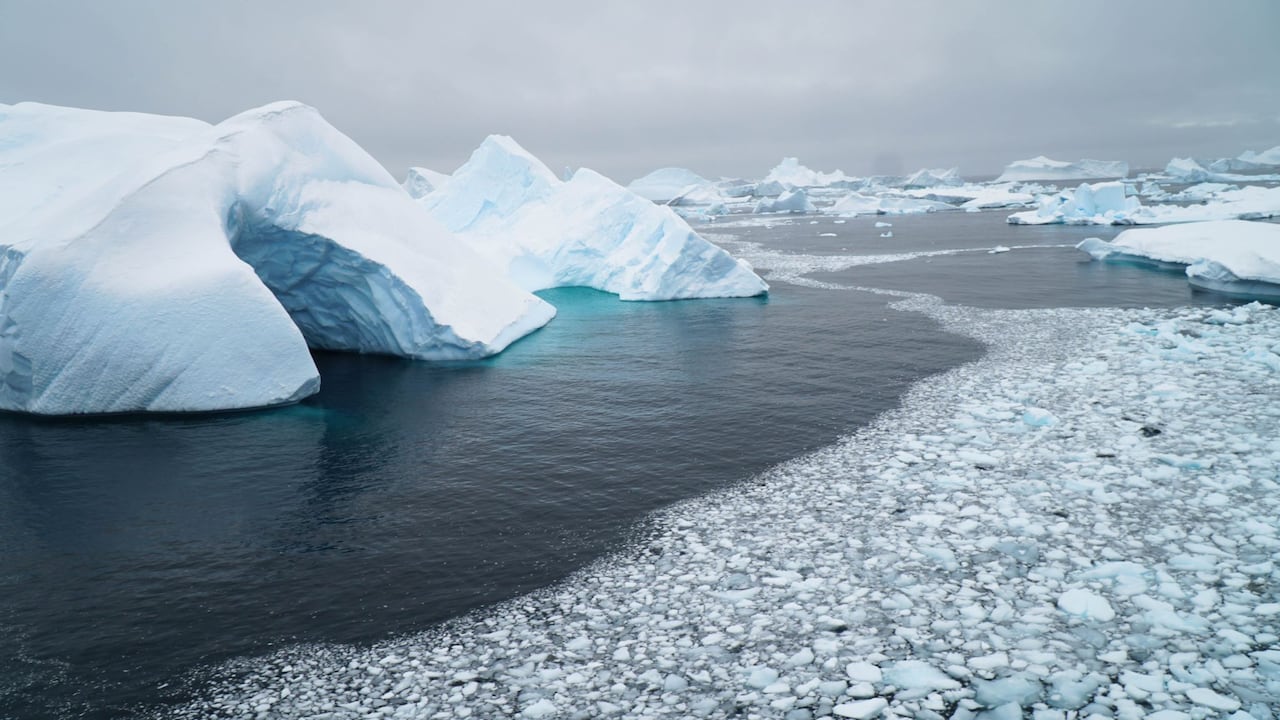Climate Science: Canada's Antarctic Expedition Sheds Light on a Changing Continent
Canada's recent Antarctic expedition, a crucial undertaking in the face of accelerating climate change, has yielded invaluable data offering unprecedented insights into the fragile ecosystem of the Antarctic Peninsula. This mission, a collaborative effort between leading Canadian scientists and international partners, underscores the global urgency to understand and mitigate the impacts of a warming planet. The findings will be crucial for informing future climate models and conservation strategies.
Unprecedented Data Collection in a Vulnerable Region
The expedition, spanning several months, focused on several key areas critical to understanding Antarctic climate change:
-
Ice Shelf Monitoring: Researchers used advanced satellite imagery and on-the-ground surveys to monitor the stability of critical ice shelves. The data collected provides crucial information about ice melt rates and the potential contribution to rising sea levels. Understanding these dynamics is vital for predicting future coastal inundation globally.
-
Ocean Acidification Studies: The team conducted extensive water sampling to assess the increasing acidity of the Southern Ocean. Ocean acidification, a direct consequence of increased atmospheric CO2, poses a significant threat to marine life, particularly shellfish and coral. The collected data will help refine models predicting the future impact on Antarctic marine ecosystems.
-
Biodiversity Assessment: The expedition included detailed surveys of Antarctic wildlife, including penguin populations, seals, and krill. These assessments are crucial for understanding how climate change affects biodiversity in this sensitive region. Changes in the abundance and distribution of these species serve as powerful indicators of environmental stress.
-
Atmospheric Monitoring: Researchers deployed advanced weather stations to collect comprehensive atmospheric data, including temperature, wind speed, and greenhouse gas concentrations. This information contributes to a larger global dataset used to improve climate models and refine predictions. This long-term monitoring is essential for detecting subtle shifts and predicting future climate trends.
Collaboration and International Significance
This Canadian-led expedition highlights the importance of international collaboration in addressing climate change. Scientists from several nations participated, sharing expertise and resources to maximize the impact of the research. This collaborative approach underscores the shared responsibility in protecting the planet's delicate ecosystems. The data collected will be shared openly, furthering scientific understanding and informing global policy decisions.
The Implications for Global Climate Change
The findings from Canada's Antarctic expedition are far-reaching, influencing not only our understanding of the Antarctic but also impacting global climate models and conservation efforts. The data gathered will be instrumental in:
-
Improving Climate Projections: The collected data will enhance the accuracy of climate change models, providing more reliable predictions for future sea level rise, extreme weather events, and overall climate shifts.
-
Informing Conservation Strategies: Understanding the impact of climate change on Antarctic biodiversity informs the development of effective conservation strategies to protect vulnerable species and habitats.
-
Strengthening International Cooperation: The collaborative nature of the expedition highlights the need for global cooperation in tackling the shared challenge of climate change.
Call to Action: Learn more about the ongoing efforts to understand and mitigate climate change by visiting [link to a relevant government or scientific organization website]. Stay informed, support sustainable practices, and advocate for responsible environmental policies. Our planet's future depends on it.
Keywords: Canada, Antarctic, Expedition, Climate Change, Climate Science, Ice Shelf, Ocean Acidification, Biodiversity, Antarctic Peninsula, Sea Level Rise, Global Warming, Environmental Conservation, Scientific Research, International Collaboration, Climate Models, Greenhouse Gases.
